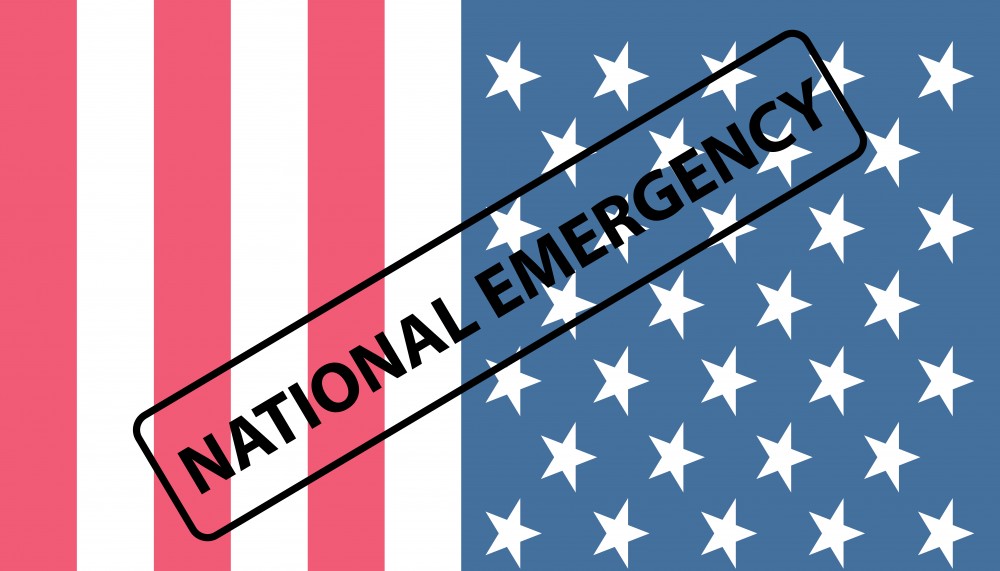
New legislation proposed by U.S. Sens. Bill Cassidy (R-LA), Brian Schatz (D-HI), Marco Rubio (R-FL), Dick Durbin (D-IL), Tina Smith (D-MN) and Angus King (I-ME) seeks to create a permanent fund to encourage quicker responses to public health emergencies.
The Public Health Emergency Response and Accountability Act (S. 3309) would implement a permanent ability for federal agencies to better respond to attacks, disasters, or diseases like Zika, Ebola or the ongoing COVID-19 outbreak. It would also reduce the effects of surprise on an otherwise unprepared nation. The senators noted such situations could lead to fear and scrambled responses, with billions of dollars in emergency funding at stake and delays almost inevitable, leading to the slow death of public concern.
It is a common pattern, according to Cassidy, but a financially ineffective and dangerous one.
“Future public health emergencies like the coronavirus are bound to occur,” Cassidy said. “As the coronavirus epidemic shows – an early, fast, and effective response saves lives. This bipartisan legislation would provide immediate funding to respond quickly and comprehensively to protect the United States.”
Instead, the legislation would make funding of the Public Health Emergency Fund automatic based on a formula not unlike the budget authority already granted to the Federal Emergency Management Agency. The trigger would be a declaration by the Health and Human Services secretary. The Public Health Emergency Response and Accountability Act would also guarantee that said funding would be subject to oversight and be based on lessons learned from previous public health emergency responses.
Affected agencies could include the Assistant Secretary for Preparedness and Response, the Biomedical Advanced Research and Development Authority, the Centers for Disease Control and Prevention, the Food and Drug Administration, among others. Any funds would also bring emergency authorities to the agencies that use them, such as transfer authority, flexible hiring, exemption from certain administration restrictions, and flexible contracting authorities to enable a timely response to the threat.




